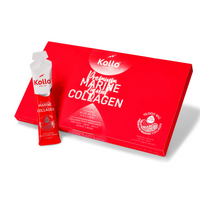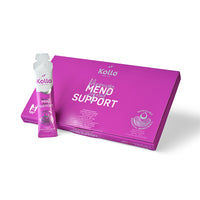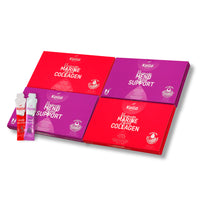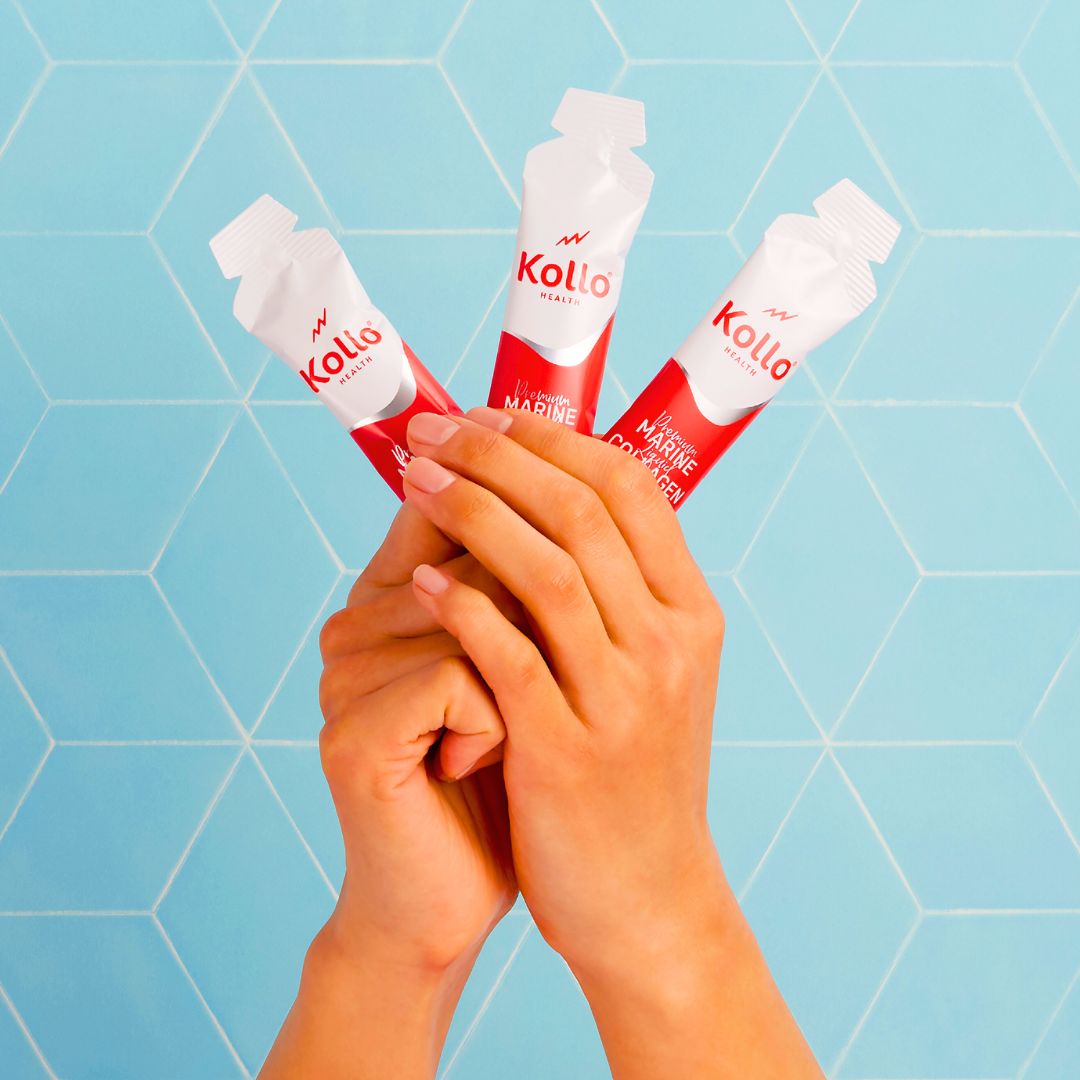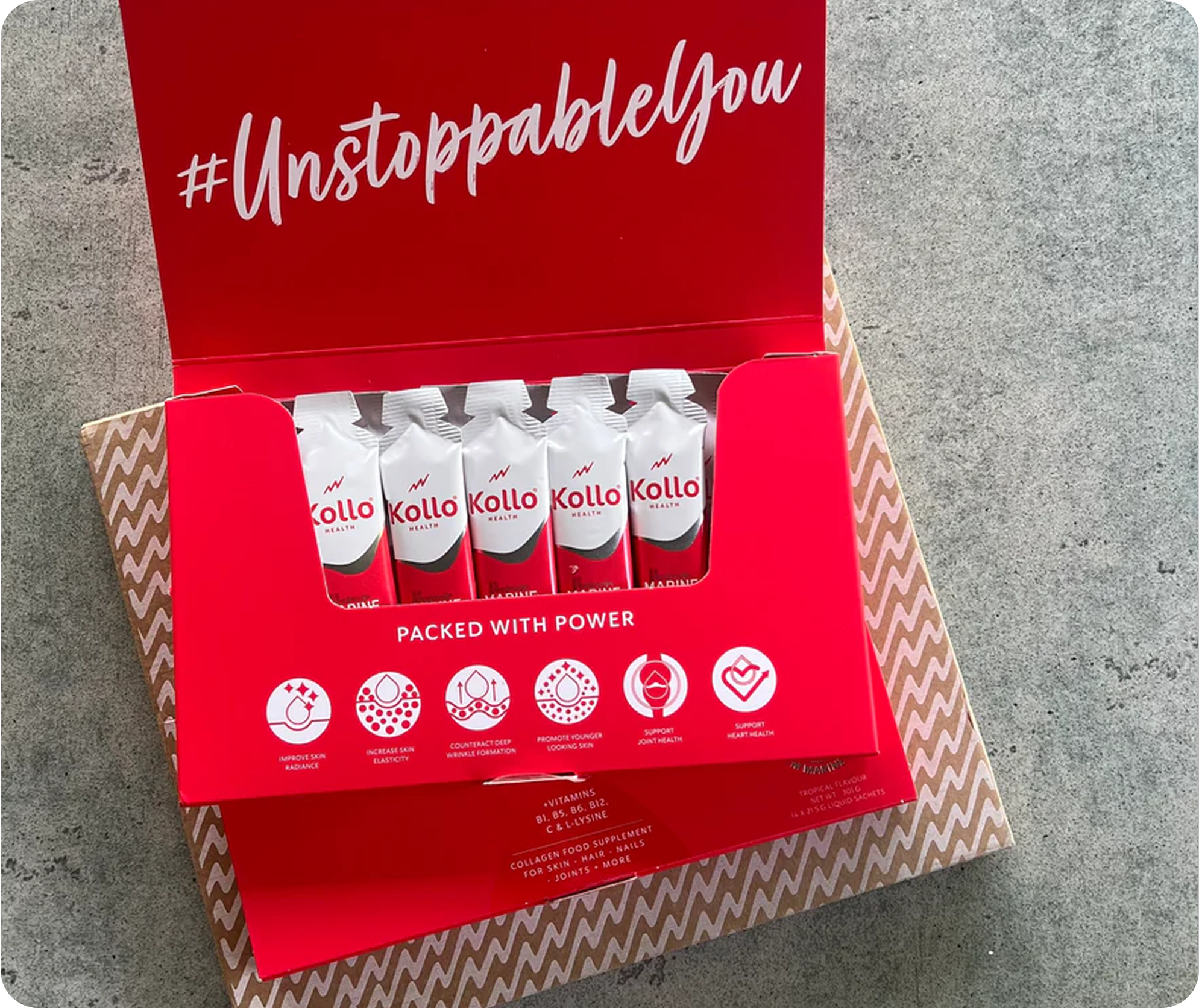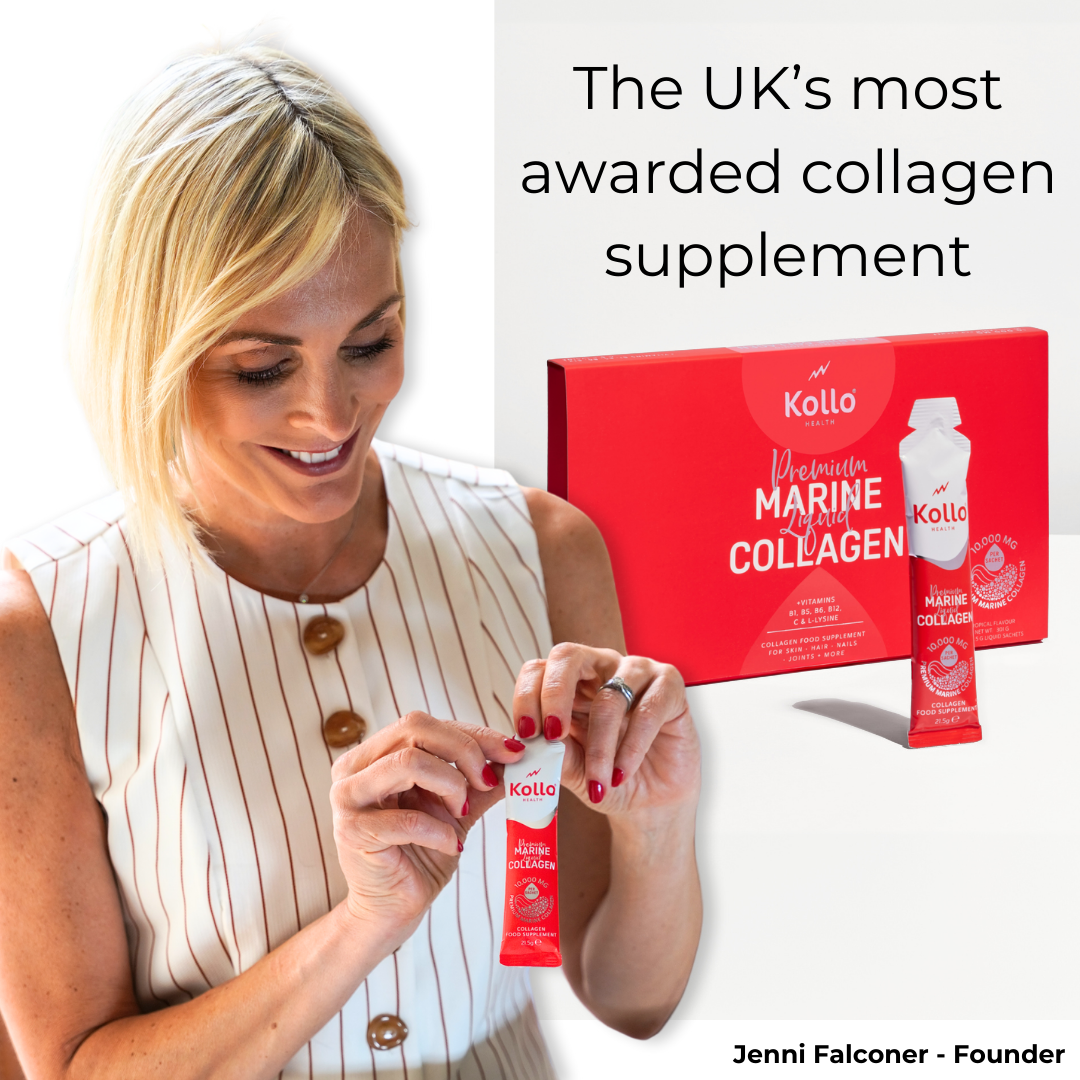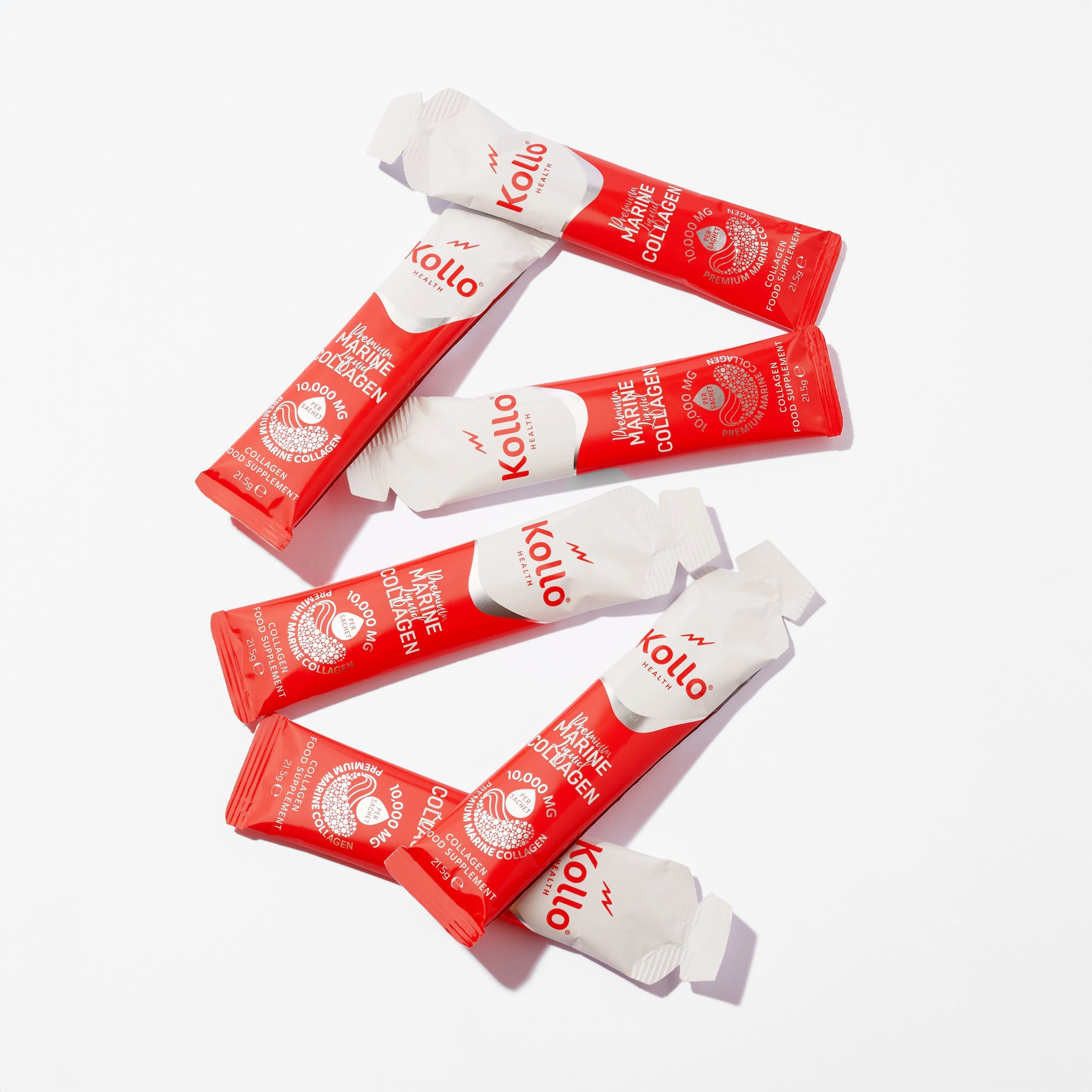Are all marine collagen supplements the same?

Are all marine collagen supplements the same?
Collagen that is used in supplements to help with your health and beauty can come from various sources. Many products source that powerful protein from the hides and bones of cows while others take it from pigs or even chickens. There is a general consensus that one of the best sources of collagen is fish, and these are what we call marine collagen supplements.
Marine collagen usually comes from the skin and scales of fish, and sometimes the bones. It is known to have excellent purity and superb bioavailability, and it is almost exclusively type I collagen, which is the most abundant in our bodies. Not only that, but the molecular profile is very similar to that of the collagen found in our bodies, so it may also be more effective at providing what we need to synthesise collagen. All of this amounts to the conclusion that many people agree on: marine collagen supplements are the highest quality you can get.
But are all marine collagen supplements the same? How can you differentiate between them to find the best ones? In this post, we will provide some answers to those questions.
What are marine collagen supplements good for?
As previously mentioned, collagen that comes from fish is almost exclusively type I collagen. This is the most abundant collagen and is fundamental to the structure of various connective tissues in our bodies, whilst playing some role in virtually every connective tissue. As we age, our collagen levels start to deplete, and this accelerates throughout our lives until we have very little remaining. The consequence of this is sagging, wrinkled skin, stiff, painful joints, loss of bone density, a weakening of the arteries, thinning of the hair – essentially, the signs we associate with age. Maintaining our levels of collagen is key to holding back these signs of ageing, maintaining a youthful look and feel whilst reducing our risk of certain health conditions like arthritis, osteoporosis and arterial disease.
We can get many of the components required to boost our collagen-producing capabilities from our diet. But the actual fuel needed to synthesise collagen is surprisingly difficult to get from food, since the specific combination of amino acids is only really present in the parts of animals we don’t eat, such as:
• Bones
• Skin
• Tendons
• Cartilage
This is why supplementation is such a powerful solution, and why it has gained such popularity recently. We have previously written a comparison between marine collagen supplements and bovine collagen, demonstrating that marine collagen has superior bioavailability. This means it is easier for the body to absorb it into the bloodstream. Also, the animals it is extracted from are not subjected to such harmful farming practices involving hormones and antibiotics, and the methods of extracting the collagen from the tissues require less chemicals, so the molecular purity of marine collagen is generally higher. This is why Kollo chooses marine collagen as the active ingredient in every sachet.
What you should know about marine collagen supplements
Though marine collagen supplements can all present themselves as having the advantages listed above, they are not all equal. There are variables that involve the source of the collagen, the way it is extracted and processed, and its quantity and quality in the supplement itself.
Sustainability is an important consideration for every product you purchase. Certain species of fish that collagen could be extracted from, like halibut and salmon, are not sustainably fished, and may have been reared using harmful fish farming techniques. Good sources of marine collagen include cod, catfish, herring, mackerel, tilapia and pangasius hypophthalmus; these are more likely to be sustainably and responsibly farmed. The fish used for Kollo marine collagen supplements are among that list, all reared in aquaculture fish farms where great care is taken to protect the purity of the collagen and also the wider environment.
Purity is very important. Fish that are farmed using unsustainable techniques are likely to have been fed on chemicals that impact the purity of the collagen. This could mean you put harmful toxins, including heavy metals, into your body when you consume the resulting marine collagen supplements. Furthermore, the fish may have been irradiated at some point as part of the cold pasteurisation process, and this is a cause for concern among many people. Again, you never need to worry about these things with Kollo – all our marine collagen is carefully sourced to ensure it is free from contaminants and never irradiated.
Extraction and processing of marine collagen
There are various techniques to separate the collagen molecules from the skin and scales of fish (or the hides, bones and cartilage of other animals). Many of these techniques involve using acid to break down the tissues, but there is a genuine concern that this harms both the integrity and the purity of the collagen itself. The Naticol collagen used in Kollo is only extracted using enzymatic processes and no acid via a validated and safe process, eliminating the risk of contamination or loss of quality.
Furthermore, the large collagen molecules are broken down into smaller amino acid chains called collagen peptides via a process called hydrolysis. This means that in addition to marine collagen being more bioavailable, it is made even more accessible to our bodies by reducing the size of the molecules to make them easier for the body to absorb. Most marine collagen supplements will include these collagen peptides but, surprisingly, not all of them. Look out for lower priced products that seem too good to be true – if you read the label, it may be that the collagen content has not been broken down in this way. This means it will be extremely difficult for your body to absorb it, so you will struggle to feel the benefits from taking it.
Liquid, powder or pill: the different types of marine collagen supplements
Another key difference between marine collagen supplements is the form they take. This is the most obvious distinction for consumers, impacting not only the way you take the supplement but also the way in which your body receives the collagen peptides. There are topical collagen products, like creams, shampoos, balms and oils, but any collagen in these is unlikely to ever enter the body since the molecules are far too large to penetrate the skin. But as far as supplements you swallow go, there are three main options: liquids, powders and pills. Here are the pros and cons of each:
Liquid marine collagen supplements
Kollo is a liquid supplement, and we believe this is the best form of marine collagen you can take. A liquid suspension means it mixes easily with water for a quick, easy, no-nonsense way of taking it in. This method is convenient and also allows for a very consistent daily dosage – 10 grams in the case of Kollo. It also maximises the bioavailability of the collagen peptides, since the body doesn’t need to break anything down to absorb it. And the liquid gives plenty of scope for adding additional nutrients like vitamin C and B vitamins to enhance its effectiveness, plus a little something to make it taste pleasant!
Powder marine collagen supplements
Powders are another popular choice and can be mixed into a smoothie, your coffee or even a food like yoghurt. It is fairly convenient in this regard, and also fairly bioavailable since very little work is needed to digest the powder. One disadvantage, however, is that different elements of the powder tend to pool together in the container, meaning that when you take it you are unlikely to get a consistent dosage of the actual collagen. This is why Kollo chose a liquid suspension – the high dosage with superior consistency means a better result for the user.
Marine collagen pills, tablets, capsules and gummies
These are quick to consume so, in theory, they can be easily incorporated into your daily routine. In practice, however, it is not so simple. Many people struggle to swallow pills and capsules. Also, due to their size, they have limited capacity to contain collagen and other ingredients, so you will usually have to take multiple tablets – sometimes as many as four per day! This can be very inconvenient and not very cost-effective. There is also the issue that your body has to work hard to break down the solid object in order to access the collagen, so it takes longer to absorb and puts more strain on your gut.
The bottom line
Marine collagen supplements can deliver fantastic benefits to your skin, hair, nails, joints, bones, gut and circulatory system. But not all marine collagen (and the supplements that contain it) is created equal, and it is your job to identify the best product for you in order to reap those benefits. You need high quality, a sustainable and trustworthy source, maximum purity and bioavailability and a form of supplement that delivers the collagen into your body effectively and can be easily incorporated into your daily routine.
Kollo aims to deliver on all those fronts. We have taken great care with every decision about developing our product and pulled out all the stops to deliver the best product on the market. This has won us numerous awards and countless 5-star reviews from our customers. If you would like to learn more, please read some of our customer reviews and head over to our blog for detailed information on everything you need to know about our product.
